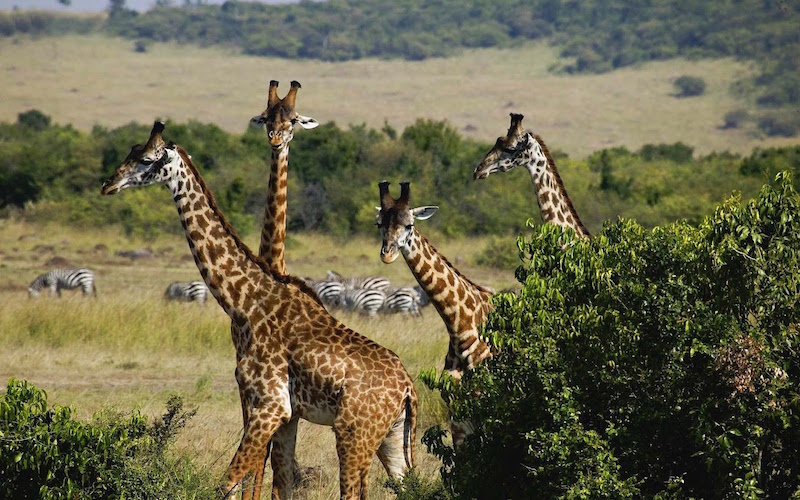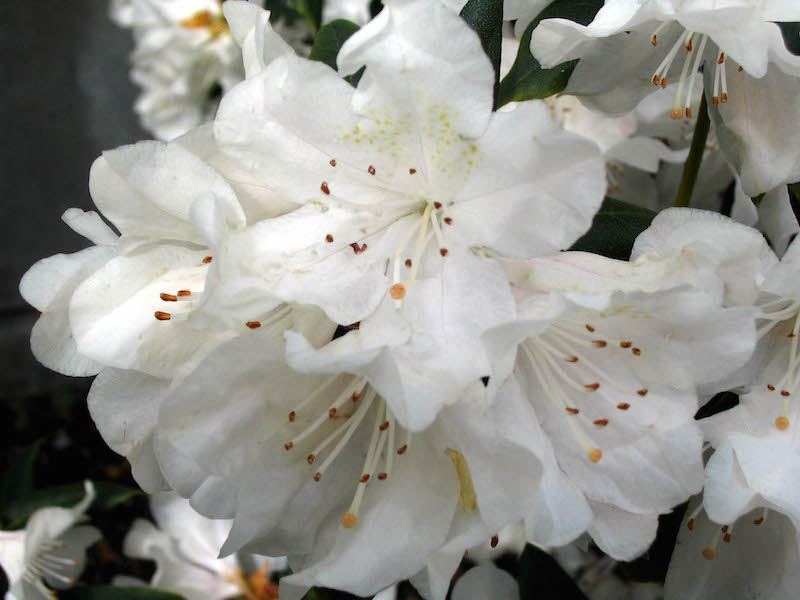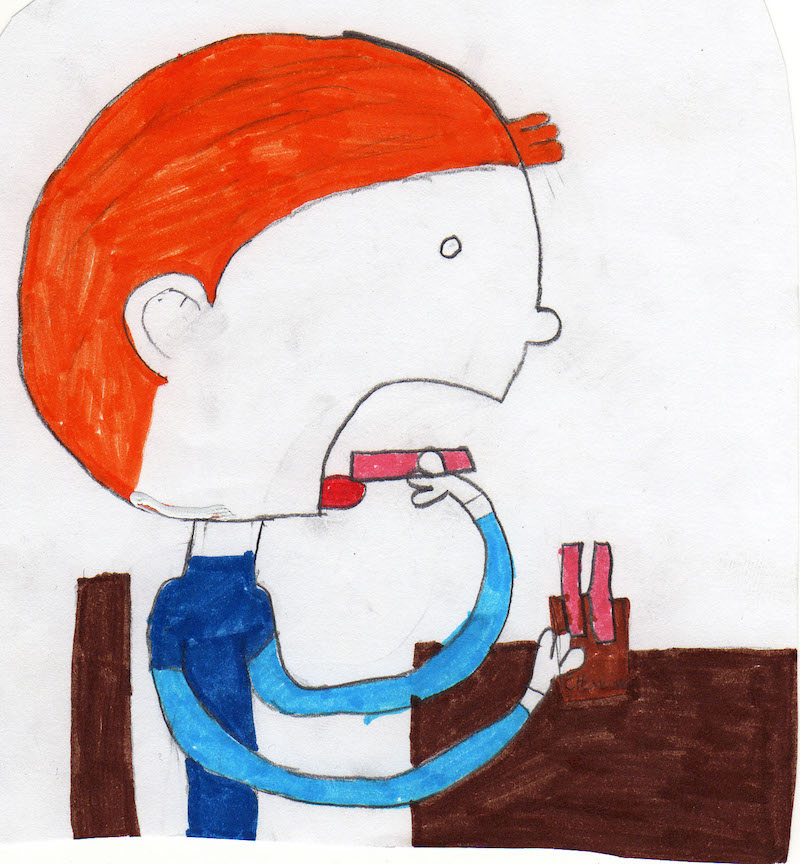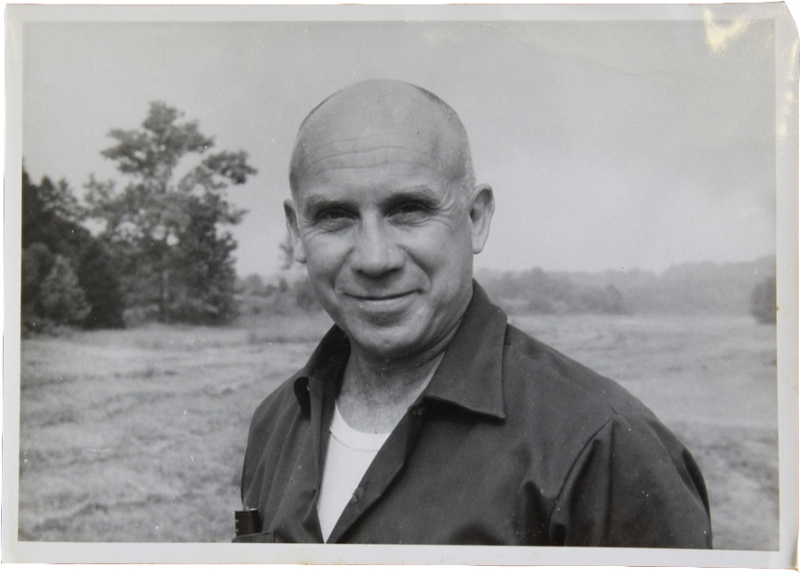The Gift of Creative Space
Tom Sturch
 Early in our week together at The Glen in Santa Fe my new friend Page shared his love of thin places with our class in Carolyn Forche's poetry workshop. Thin places are light houses, sea shores, wooded paths, parks or buildings that strike us as transcendent, or as Eric Weiner says, "those rare locales where the distance between heaven and Earth collapses". Page visits them often and captures them in his art, and his favorite is the sea shore before daybreak. I share an appreciation for those minutes of the day when the dawn irrupts on the dark. I spend them on the edge of a wetland near my home. And now thanks to Carolyn and my other new friends in the class, I know that these hours are named, in the language of early monastics, the Matins, which refers to the nighttime liturgy that ends at dawn.
Early in our week together at The Glen in Santa Fe my new friend Page shared his love of thin places with our class in Carolyn Forche's poetry workshop. Thin places are light houses, sea shores, wooded paths, parks or buildings that strike us as transcendent, or as Eric Weiner says, "those rare locales where the distance between heaven and Earth collapses". Page visits them often and captures them in his art, and his favorite is the sea shore before daybreak. I share an appreciation for those minutes of the day when the dawn irrupts on the dark. I spend them on the edge of a wetland near my home. And now thanks to Carolyn and my other new friends in the class, I know that these hours are named, in the language of early monastics, the Matins, which refers to the nighttime liturgy that ends at dawn.
It is a holy hour: a thinness of time and place that invites a thinness in me. The wetland is in full crescendo. I know in my mind I'm hearing the native song of cardinals and tree frogs, but exaggerated by the night it becomes insistent, cacophonous, and altogether alien. I go cautiously and no further than the brush and water. I sense an impossible union of opposites – timelessness and time's passing, beginnings and endings – and a wildness that knows but abides my presence. The bird and frog chorus tugs furiously at the Ouroboros between morning and the dying night. I hear their extra-human leaps across the boundaries of gravity and breath. And when the blue hour of dawn comes, the silhouettes of cypress manifest above me like Gothic arches, and the sky seals it all with its brightening amen.
Out of its liminal and ephemeral qualities the wetland has spoken a strange and irresistible language. It is familiar and new every day. It is ancient and essential. According to scientific investigations, the tree frogs I hear have sung the death of night for a quarter billion years. The cardinals, for eons, have anticipated the light. I try to understand what they're saying. How can I not? How in their presence each morning can I hear and not want to speak their words? How, as I go, can I resist taking them with me into my day? Into other encounters? How, indeed. They make a space in me.
Martin Luther identified four relationships we're served to seek creative space for. In Luther's Latin they are coram deo, coram meipso, coram hominibus, and coram mundo. Here he lays out the areas of brokenness that all humanity suffers – our lives before God, before ourselves, before humankind and before nature. They represent the totality of our relationships. He admonishes us to live with integrity and intimacy in each within the space of time we are given through the righteousness of the one who lived it perfectly. In Christ the inhospitable is made welcoming, the displaced, familiar, the enemy, friend and the thin, material. In this is to live in creative fullness and be recreated in it.
The offer of creative space in relationships is an offer of both gratitude and generosity in which regard for the other is confronting and adventurous, where what is received is gifted, and where the instant any two are engaged a conversation is entered that will bear offspring and witness. And if it bears joy, it does so given room, given care, given a name and given away.
Where are your thin places?


















